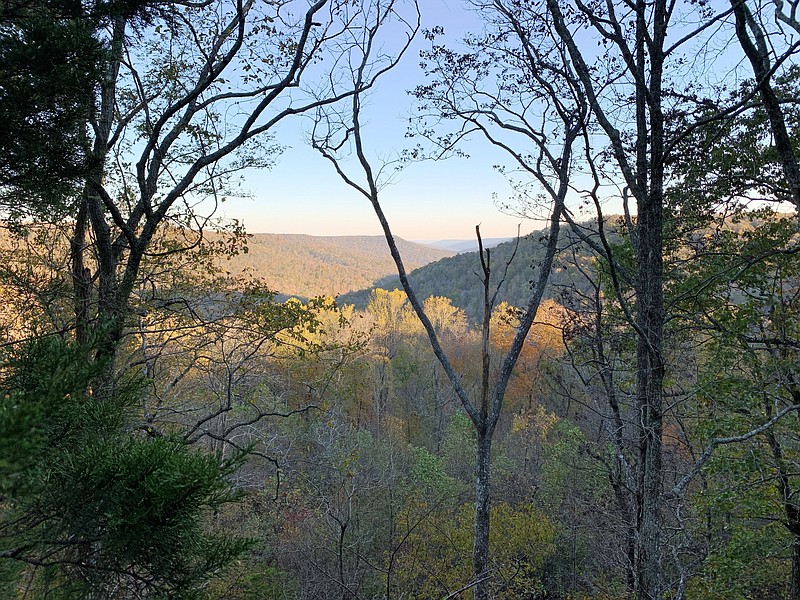A Cleveland, Tennessee, man partnered with conservation groups to conserve 620 acres of Cumberland Plateau forest in Franklin County where it will add to work already underway or completed.

November 12, 2022 at 2:54 p.m.

A Cleveland, Tennessee, man partnered with conservation groups to conserve 620 acres of Cumberland Plateau forest in Franklin County where it will add to work already underway or completed.